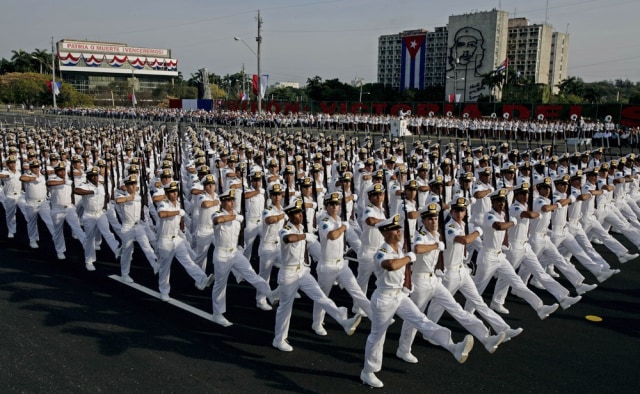We are currently inundated with Amazon superninjas in action-adventure, whether it be on the big screen, small screen, printed page or videogame. And not just action-adventure anymore, either. As mentioned in Part One, this feminist myth has obviously become a de facto requirement for any form of entertainment aimed at an ostensibly male audience.
Where did it all start?
It’s no mistake that I refer to these characters as “Amazon superninjas.” You can trace this fetish back to the Amazon stories in Greek mythology. A lot can be analyzed on this subject, but one aspect I’ll point out before moving on is that this mythical race of women warriors lived in an all-female civilization. The only men they allowed into their culture were male slaves, for breeding purposes.
Fast forward to the 20th Century, and along comes a psychologist in the early 1940s, by the name of William Moulton Marston. Though no state allowed such arrangements to be called “marriage” back during his time, he lived in a menage a trois with two women–one his legal wife; the other a former student.
 The late ’30s and early ’40s are known as the Golden Age of comic books. Superman came on the scene in 1938, and inspired a boom in comic book heroes. Another cultural phenomenon had infested society during the Depression years, evidently (though far more surreptitiously): bondage and female domination.
The late ’30s and early ’40s are known as the Golden Age of comic books. Superman came on the scene in 1938, and inspired a boom in comic book heroes. Another cultural phenomenon had infested society during the Depression years, evidently (though far more surreptitiously): bondage and female domination.
Here’s something Marston wrote:
“The only hope for peace is to teach people who are full of pep and unbound force to enjoy being bound… Only when the control of self by others is more pleasant than the unbound assertion of self in human relationships can we hope for a stable, peaceful human society… Giving to others, being controlled by them, submitting to other people cannot possibly be enjoyable without a strong erotic element.”
Because he chose the word “people” instead of “men,” it’s probable that he didn’t just enjoy getting tied up by his live-in mistresses, but enjoyed watching them tie each other up, too.
Like many pied pipers before and since, Marston recognized pop culture as a potential tool for mass indoctrination. He published a couple articles, one of which was titled: “Don’t Laugh at the Comics,” and shortly thereafter was hired by the company which later became DC.
In a 1943 issue of “The American Scholar”, Marston would write:
“Not even girls want to be girls so long as our feminine archetype lacks force, strength, and power.”
Mistress Elizabeth Marston (his legal wife) told Bill to invent a female superhero.
“Women’s strong qualities have become despised because of their weakness. The obvious remedy is to create a feminine character with all the strength of Superman plus all the allure of a good and beautiful woman.”
Whatever else you can call a guy like William Moulton Marston, he was a mangina in his private life and a white knight in his public one. He obediently set forth, with all his psychological weaponry, to advance the cause of Team Womyn.
During the Depression and War years, superhero comic books were read by (and marketed to) primarily pre-adolescent boys. This was the target demographic for Marston’s psycho-cultural conditioning. Here’s a summary of his strategy, from Marston’s own typewriter:
“Give them an alluring woman stronger than themselves to submit to, and they’ll be proud to become her willing slaves!”
After all, Bill was obviously proud of his arrangement with Elizabeth Marston and Olive Byrne.
Marston developed a character he called “Suprema.” He dipped into mythology and pulled out the Amazons. Suprema was from an advanced Amazon civilization, but would become an agent of FDR’s federal government and fight it’s enemies. The name of the Amazon colony would be “Paradise Island.”
If you’ve ever been around a bunch of women living together for any length of time, then you know it’s anything BUT paradise.
Ahem.
 Suprema was given a skimpy costume that was scandalous for its time. Though a corset/push-up bra, short-shorts (or a tiny-miniskirt) and tall boots would become fashion for some women half a century later, the only women who wore such an outfit in those days either performed in kinky stag films or posed for kinky stag mags. Bondage toys were added to Suprema’s utilities: slave shackles on her wrists that could deflect bullets, and a magic golden lasso that forced confessions from the person bound by it.
Suprema was given a skimpy costume that was scandalous for its time. Though a corset/push-up bra, short-shorts (or a tiny-miniskirt) and tall boots would become fashion for some women half a century later, the only women who wore such an outfit in those days either performed in kinky stag films or posed for kinky stag mags. Bondage toys were added to Suprema’s utilities: slave shackles on her wrists that could deflect bullets, and a magic golden lasso that forced confessions from the person bound by it.
William Moulton Marston adopted the pseudonym Charles Moulton, and changed Suprema’s name, too. The same month that Imperial Japan surprised and devastated the US Pacific Fleet at Pearl Harbor, Wonder Woman was unleashed on the young boys of America.
(Actually, comic books were routinely distributed months before the publication date on the cover, but the significance of that date was too much to go unmentioned.)

There were obvious lesbian/bisexual implications from the beginning, and bondage was a consistent motif. Wonder Woman was regularly either a victim or perpetrator–sometimes both in the same story. Had people in the WWII generation been half as aware of kinky sexual fetishes as they are now, DC could never have gotten away with printing such material for minors.

Early on, a pilot (Steve Trevor) crashed on Paradise Island, and became an ostensible love interest for the butch super-babe. This presented opportunities for gender-role reversal in several comic stories. Trevor often played the part of dude-in-distress, in need of rescue from his dame-in-shining-girdle.
And, of course, each issue with the Amazon princess depicted her physically overpowering men. Even Roman gods were no match for her in combat.
There was an explosion of four-color Amazons during that time (though unlike WW, most weren’t literally Amazons). Writers and artists rushed to bring out Sun Girl, Miss Masque, the Black Cat, the Blonde Phantom, Phantom Lady and Miss America, to name a few. Heroines like Sheena and Rulah brought female domination fantasy to the jungle. Gender-role-reversal and female dominance were common themes with them, too.
But the impact of this character (and the ideology that spawned her) pushed far beyond her short-lived Golden Age comic book imitations. The baby boomers didn’t just embrace the conditioning from New Deal socialist writers in Hollywood and New York; they would grow to take this female supremacy concept to new levels.
TO BE CONTINUED…




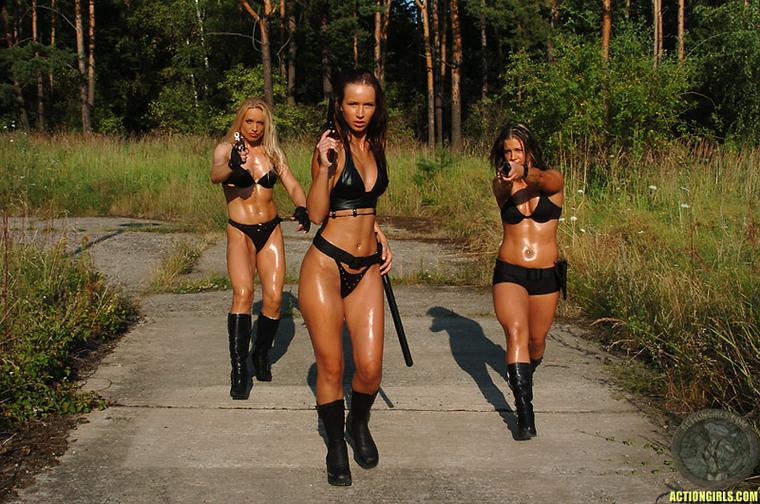
 With the exception of female characters.
With the exception of female characters.


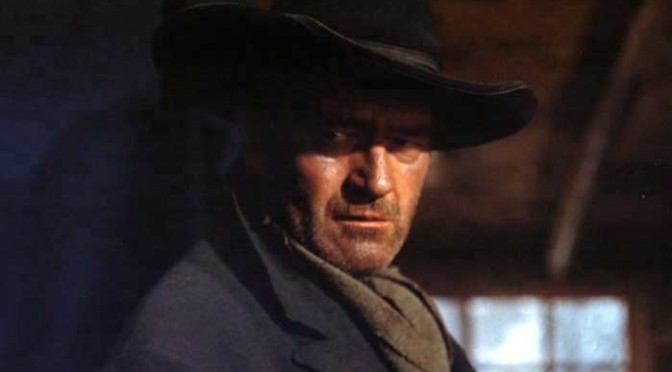
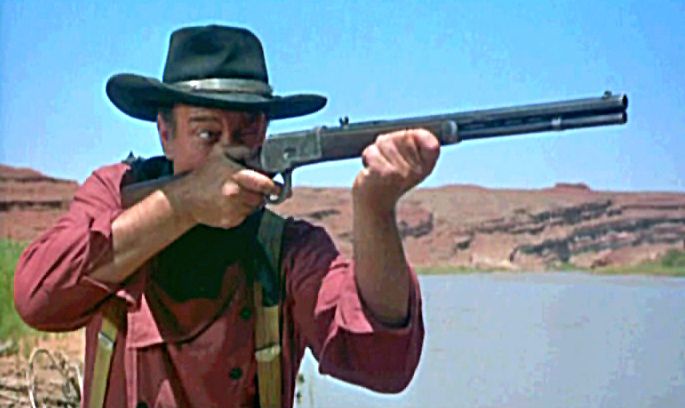

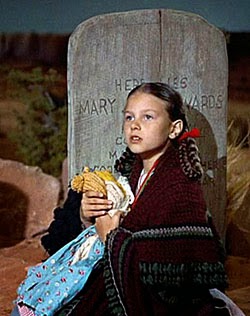
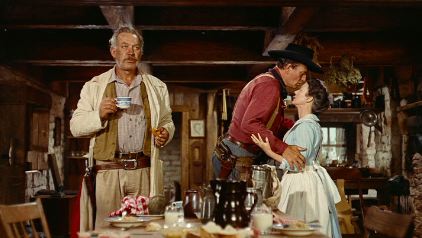
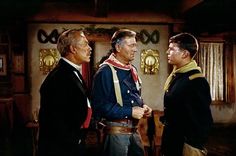


 ms to fit the beta mold. Maybe I’ll analyze that some day, too.
ms to fit the beta mold. Maybe I’ll analyze that some day, too.








